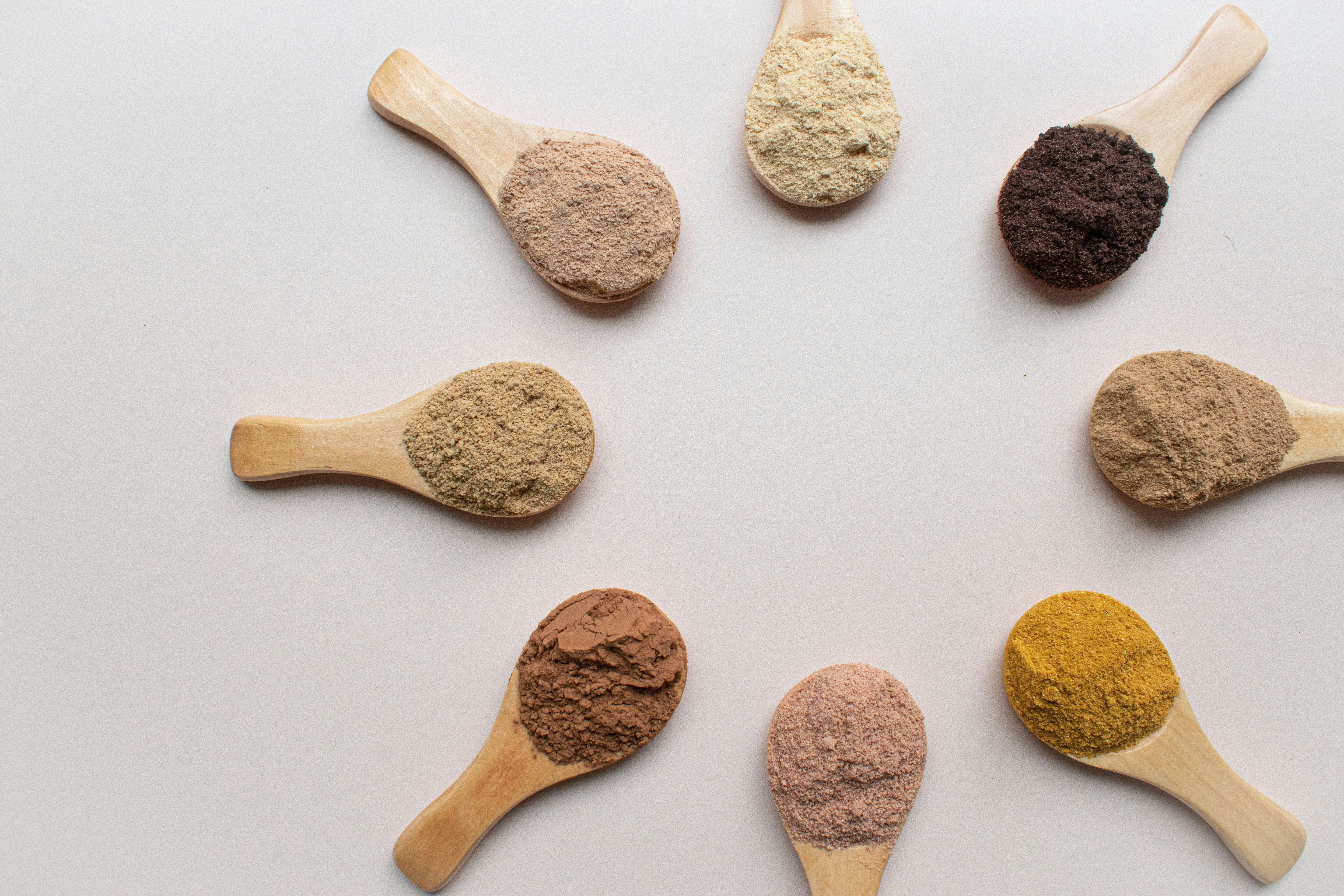How Inositol Supports Natural Ovulation and Fertility
Every small change to your health can make a big difference when you're trying to conceive. For many women, especially those living with PCOS (Polycystic Ovary Syndrome), getting the body to ovulate regularly can be a major hurdle. That's where a natural nutrient called inositol comes in.
Inositol is not a magic fix, but research shows it can make a real impact on hormones, ovulation, and fertility outcomes. Let’s explore how it works and why it’s become one of the most recommended supplements for women with PCOS.
What Is Inositol?
Inositol is a type of sugar alcohol found naturally in the body and in foods like fruits, beans, and grains. It’s often called a “vitamin-like” compound because it is important for many biological processes.
There are several forms of inositol, but myo-inositol (MI) and D-chiro-inositol (DCI) are the most researched when it comes to hormone balance and fertility. These two forms act as secondary messengers, helping hormones like insulin and follicle-stimulating hormone (FSH) do their job properly.
Inositol and PCOS: A Key Link
PCOS affects up to 1 in 10 women of reproductive age and is one of the leading causes of infertility. One of the most common features of PCOS is insulin resistance—a condition where the body doesn’t respond well to insulin, leading to higher levels of circulating insulin in the blood. This, in turn, causes a hormonal imbalance that disrupts ovulation.
That’s where inositol comes in.
Research has found that inositol helps improve insulin sensitivity, which leads to lower insulin levels and a more balanced hormone environment. With more balanced hormones, the body is more likely to ovulate regularly, making it easier to conceive.
In fact, a 2016 meta-analysis concluded that inositol supplementation significantly improved ovulation rates, menstrual regularity, and metabolic health in women with PCOS (PubMed - PMID: 26714472).
The 40:1 Ratio – Why It Matters
You might have seen products that contain both myo-inositol and D-chiro-inositol in a 40:1 ratio. This isn’t just a marketing gimmick—it’s based on science.
In the healthy body, tissues like the ovaries naturally maintain a 40:1 balance of MI to DCI. When this balance is off, especially in PCOS, reproductive functions can become impaired. Studies show that using a supplement in this specific ratio may restore natural ovarian activity and support better outcomes for egg quality and menstrual regularity (PubMed - PMID: 24305979).
How Inositol Supports Fertility

Even for women without PCOS, inositol may offer fertility support by:
- Improving egg quality, especially in women undergoing fertility treatments like IVF.
- Supporting healthy embryo development.
- Enhancing insulin sensitivity, which is important for general reproductive health.
- Promoting hormonal balance by reducing excess androgens (like testosterone).
One study showed that myo-inositol improved oocyte (egg) quality in women undergoing IVF, potentially improving pregnancy outcomes (PubMed - PMID: 23238027).
Is Inositol Safe?
Yes, inositol is generally considered very safe, even at higher doses. Most studies use daily doses between 2 to 4 grams, which are well-tolerated by the body. Mild side effects like nausea or flatulence have been reported in some cases, but they’re rare.
Still, it’s a good idea to talk with your healthcare provider before starting any new supplement, especially if you're taking other medications or managing a health condition.
Final Thoughts
Inositol isn’t a cure, but it can be a helpful, natural tool for women struggling with hormonal imbalances, irregular periods, and fertility challenges—especially those related to PCOS. By supporting insulin sensitivity and hormonal communication, inositol creates a healthier environment for natural ovulation to occur.
At NuSeasons, we believe that every woman deserves access to effective, science-backed solutions that support real progress in her health journey. That’s why we include inositol as a key ingredient in our hormone support products.




Leave a comment
This site is protected by hCaptcha and the hCaptcha Privacy Policy and Terms of Service apply.